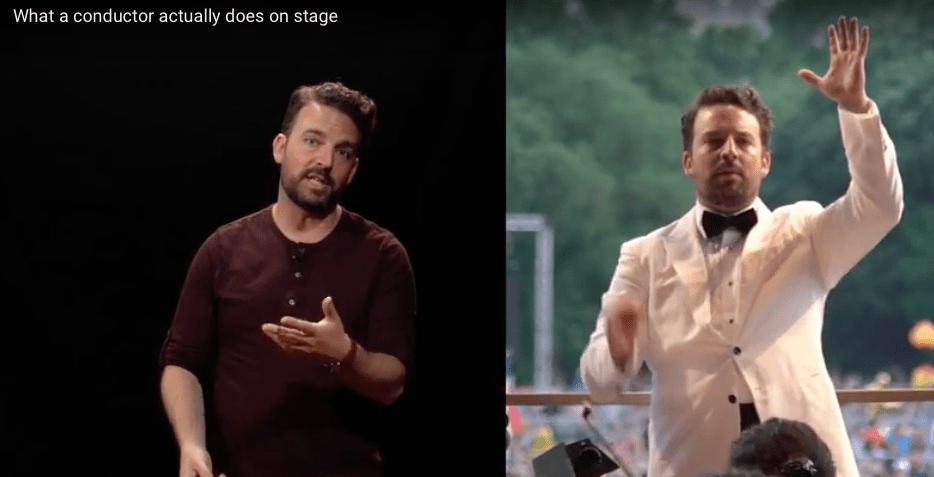
CHICAGO, IL (July 27, 2018) – Covenanters routinely share links to social media articles and videos that Covenant News Service believes may be of interest to others. Each Friday we post five of them. Following is a sample of those submissions—their inclusion does not represent an endorsement by the Covenant of any views expressed.
Meet the 12-Year-Old Trailblazer Fighting for Equality in Kids’ Books
Marley Dias was just 11 years old when she decided to try to find 1,000 books with protagonists who looked like her. Two years after the campaign started, she’d gathered more than 10,000 books.
From the article: “Kathleen Horning, the director of Cooperative Children’s Book Center, which documents the number of books by and about people of color, found in 2013 that of the 650 young adult fiction books it tracked that year about humans, only 36 featured people of color as the main character, about five percent of the total. Two years later in 2015, the organization found eight percent of children’s books featured African Americans as main characters, less than one percent Native American, three percent Asian Pacific, and over 73 percent white characters. Twelve percent featured ‘animals, trucks, etc.’ which shows there were more kids’ books being published about inanimate objects than about people of color.”
Don’t Go Searching for Your Passion
“Go find your passion” is advice often given to young adults starting out in life, but what if you don’t have a particular passion to find? And what do you do when you hit a roadblock?
From the article: “The idea of ‘finding’ one’s passion implies that people have built-in interests just waiting to be discovered, and if you can simply figure out what they are you will magically be able to embrace them, says the study.”
 What a Musical Conductor Actually Does on Stage
What a Musical Conductor Actually Does on Stage
In a simple but fascinating video, conductor James Gaffigan answers a question anyone who has watched an orchestra has probably wondered. He explains why one conductor leads in one way but another has a very different style.
From the article: “If you’ve ever seen an orchestra perform you’ve probably had a difficult time looking away from the person dead center on the stage — the conductor. It’s hard to miss someone as they swing their arms around pointing at the musicians that seem to be focused instead on their music stands. So what exactly is the conductor doing?”
To Remember, the Brain Must Actively Forget
How likely are you to remember reading this article tomorrow? How likely are you to remember to pick up the milk on the way home like you said you would? Scientists are trying to figure that out.
From the article: “‘Without forgetting, we would have no memory at all,’ said Oliver Hardt, who studies memory and forgetting at McGill University in Montreal. If we remembered everything, he said, we would be completely inefficient because our brains would always be swamped with superfluous memories.”
U.S. Officials Must Now Reference ‘Illegal Aliens’
Words shape perceptions and attitudes, so they matter. Even though journalists and organizations may use the term “undocumented,” the Department of Justice now wants US attorneys to use the term “illegal alien.”
From the article: “How to refer to people who are in the US without the necessary paperwork was controversial before the DOJ weighed in. Immigrant advocates say that calling anyone ‘illegal’ dehumanizes them and fails to take into account the extraordinary circumstances of refugees. Some newsrooms have opted for ‘undocumented.’ Like the DOJ, groups that favor reducing immigration argue that ‘undocumented’ is not mentioned in the legal code.”














